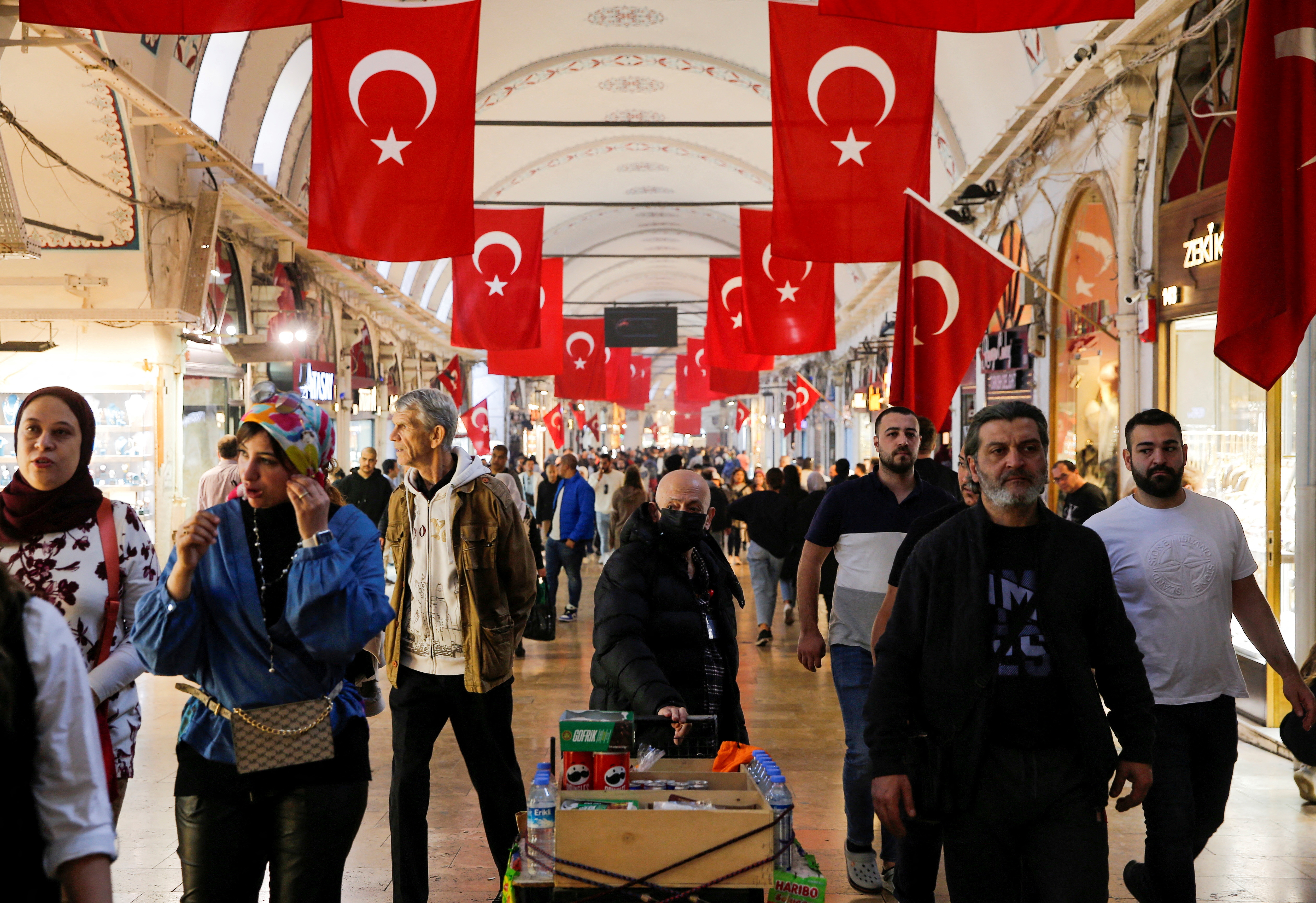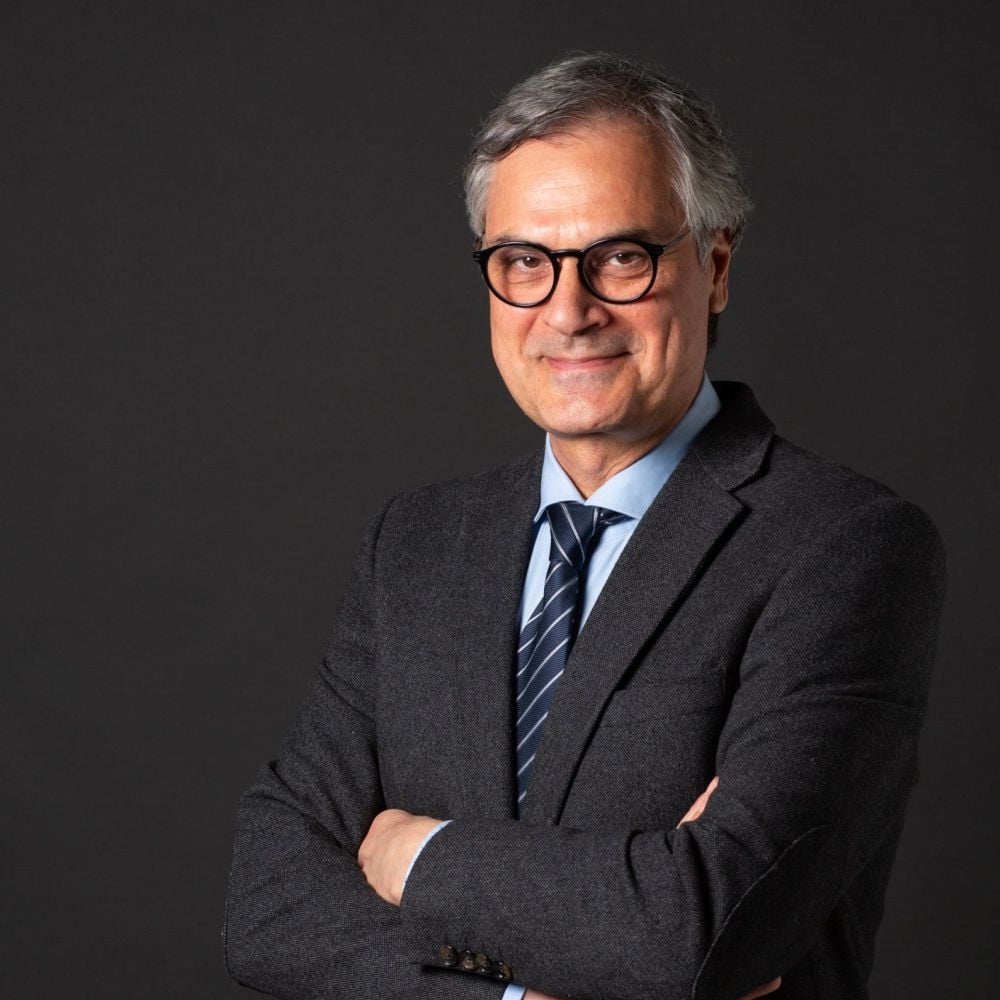By Ioannis Tirkides
Erdogan won a third term as Turkey’s president after soundly defeating his challenger Kemal Kilicdaroglu, in a run-off election on May 28, with 52.2 per cent of the vote against 47.8 per cent.
In the preceding first round of the elections, on May 14, the coalition led by Erdogan’s Justice and Development Party, the People’s Alliance, had won an absolute majority in the National Assembly.
Thus Erdogan, and his coalition, will dominate Turkish politics for the next five years, which is a remarkable achievement in its own right, especially in light of the economic difficulties the country had been facing in the year leading up to the elections. But seen in the light of shifting geopolitics and Turkey’s internal contradictions, the result is less surprising.
In this article, we discuss the election results, their significance, Erdogan’s enduring appeal, and Turkey’s outreaching vision of itself. We conclude that while the divide between secularism and conservative-Islamism remains as deep as ever, nationalism is a powerful and superseding force that cuts across all factions and will continue to have a significant bearing on Turkey’s outward orientation. Erdogan’s vision is of Turkey as an independent great power with influence and reach beyond its borders.
If this will be possible or not, is a different matter, but in his victory speech he vowed as much, to work with devotion ‘to protect the glory and honour of the Republic of Türkiye, to promote its reputation and to glorify its name in the world for five years.’ His foreign policies will remain hawkish and interventionist, but limitations on Turkey’s reach might reduce his options.
The elections
The elections were as much a victory for Erdogan as they were a defeat for the opposition and Kilicdaroglu personally. In the first round on May 14, a total of 24 political parties contested, many of which under one of three main electoral alliances. First, the conservative-islamist People’s Alliance, headed by Erdogan’s Justice and Development Party and including the Nationalist Movement Party of ultra-nationalist Devlet Bahçeli. The second was the extreme secularist, social democratic, Nation Alliance, headed by Kilicdaroglu’s Republican People’s Party. The third was the left of centre Labour and Freedom Alliance, led by the Party of the Greens and the Left Future.
The People’s Alliance retained the majority in parliament with 48.5 per cent of the vote and 323 seats out of 600 total. The Nation Alliance obtained 35 per cent and 212 seats with the Republican People’s Party winning 25.3 per cent. The Labour and Freedom Alliance won 10.6 per cent and 65 seats.
The 75 year old Kilicdaroglu, was a controversial figure to head the Nation Alliance, but most importantly, the opposition failed to offer a cohesive vision for the future of Turkey other than an apposition to Erdogan and his Alliance. Kilicdaroglu campaigned on a contradictory, populist, and anti-immigrant platform, pledging to immediately return Syrian refugees to their home country, revive the accession negotiations with the EU, and mend relations with the United States. These pronouncements were aiming at multiple audiences, including nationalists, but lacked of realism.
Their meaning
The outcome of the presidential election showed a strong nationalist sentiment and deep divisions between the secularist Kemalists represented by the opposition, and the conservative islamists following Erdogan. The country split. The western and eastern-most provinces and the central provinces of Ankara and Eskisehir voted for Kilicdaroglu. The central more rural provinces in-between, voted overwhelmingly for Erdogan.
Modern Turkey emerged from the disintegration of the Ottoman empire at the end of the first world war, and the vicious war of independence that followed in 1919-2023, against the further split of what remained of it. Ataturk founded the modern Turkish state on six modernising pillars that were entrenched in the constitution – Republicanism, Populism, Nationalism, Laicism, Statism, and Reformism. Laicism, in particular, refers to the policies and principles where the state is strictly secular and plays an active role in excluding all religion from the public domain. This did split Turkish society between those who disavowed religion in public life and those who clung to it. This divide has remained to this day.
Nationalism and the vision of ‘greater Turkey’
The secular-islamist divide is not the only force in Turkish politics. The unifying superseding force in Turkish society is nationalism. The ruling Justice and Development Party, despite an islamist identity, includes conservative-nationalist currents, and Erdogan himself talks of glorifying Turkey in global affairs. Kilicdaroglu’s Republican People’s Party, the party founded by Ataturk in 1923, represents a distinct version of nationalism rooted in extreme secularism that denies ethnic and demographic diversity
On the night of the victory speech, there was a picture of Ataturk on one side of the palace wall and of Erdogan’s on the other. Might it be that Erdogan understands the importance of uniting the country, conservatives, and secularist nationalists? What may come out of this is unknown, but Erdogan will play a hard hand.
Policies
The economy will present difficult choices and Erdogan will be forced to alter some of his previous approaches. The appointment of Mehmet Simsek as the new finance minister, a respected economist who also served under Erdogan in previous governments, is an indication of intent for more orthodoxy. But most likely, he will maintain most of his other domestic and foreign policies. In relation to Russia, Erdogan will likely continue to strengthen defence and economic ties. Links with the west will remain transactional. Regarding NATO, Erdogan will maintain a pragmatic approach, and likely allow Sweden’s accession in exchange for F-16s.
NATO’s future and form, however, are more ambiguous now than any time after the end of the cold war. Instead of preventing war in Europe there is one ongoing in Ukraine that may turn nuclear, which jeopardises European security and prosperity. The High Representative Josep Borrell, and ECB Chief Christine Lagarde, speaking on different occasions, both expressed concern, over the extent to which Europe can depend on the United States for its security. Divisions are bound to surface and governments will ultimately be challenged by their electorates.
Dimming lights on the Cyprus problem
Erdogan’s clear desire to expand Turkish influence over its near abroad means that he may become more assertive in the eastern Mediterranean and may harden his stance toward settlement negotiations in Cyprus.
On the Cyprus problem, the two sides have moved further apart following the collapse of the last round of negotiations at Crans Montana in July 2017. It is now less clear if the Greek Cypriot side still adheres to a bizonal – bicommunal federation with political equality, as the basis for solution. At the same time the Turkish and Turkish Cypriot side have abandoned political equality for sovereign equality. Erdogan stated this much explicitly, on his visit in the occupied northern part of the island on June 12, his first trip outside of Turkey after inauguration. This makes it all the more unlikely for negotiations to begin any time soon, let alone result in an agreed framework for a final settlement.
Conclusion
Erdogan’s vision is about Turkey as an independent great power. This vision has so far been reflected in a more outward looking and interventionist foreign policy, such as in Syria, in Iraq and Libya, the Eastern Mediterranean and the Aegean. Turkey also pursued independent and closer relationships both with China and with Russia, sometimes to the chagrin of its NATO allies, particularly the United States, such as when Turkey purchased the S-400 missile system and refused to implement sanctions. Turkish foreign policy will remain hawkish and will seek to expand Turkey’s influence even when that is at odds with NATO, the United States and Europe.
When Erdogan first took power in 2002, the post-cold-war unipolar moment was starting to shift. It took another half a decade or so until Russia first re-asserted itself over Georgia in the 2008 war. Then came 2014 with the annexation of Crimea, and February 2022 with the war in Ukraine. This 20-year period marked the return of great power politics. The world is increasingly multipolar, increasingly fragmenting, with a balance of power that is shifting.
In this multipolar matrix, Erdogan sees Turkey as a regional power in its own right with potentially leading roles in the Middle East, the Islamic world, the Mediterranean, the Black Sea and farther afield. But nothing is definitive yet. Turkey is an intensely fragile country, particularly vulnerable to sanctions, and faces intense competition from other Islamic countries. NATO’s willingness to allow the unfettered expansion of Turkey’s influence and reach may have limits. Turkey will have to tread carefully but has chosen a path that will be more assertive and more interventionist for now at least.
Ioannis Tirkides is the Economics Research Manager at the Bank of Cyprus and President of the Cyprus Economic Society. Views expressed are personal. The article is also published on the Blog of the Cyprus Economic Society.







Click here to change your cookie preferences